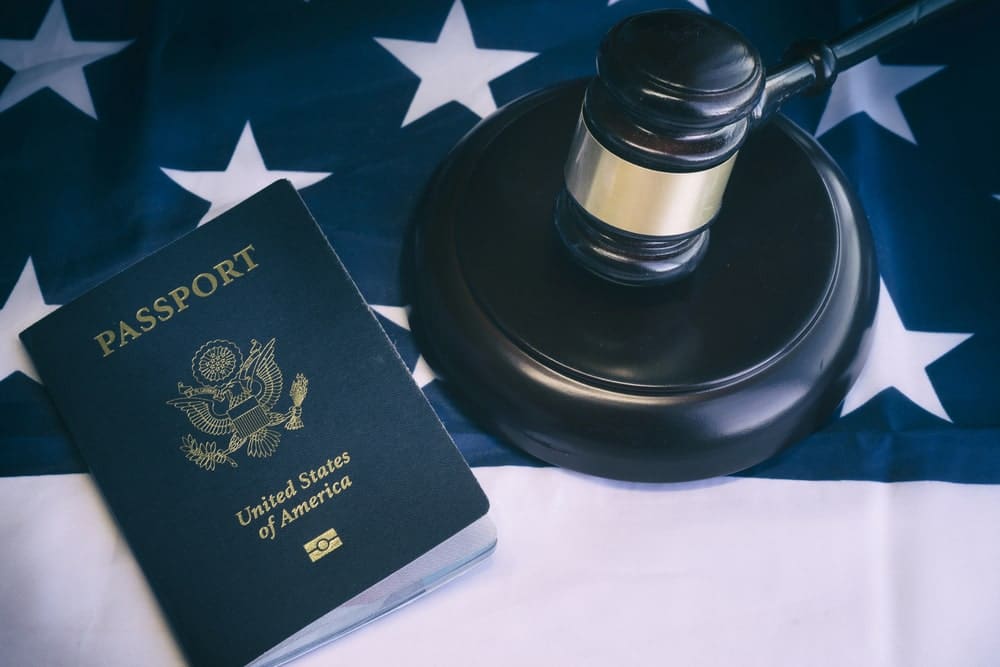Marriage often influences the direction and outcome of immigration cases. Whether someone is already in the United States or applying from abroad, marrying a U.S. citizen or lawful permanent resident can open the door to certain immigration benefits. However, it’s not automatic. The process involves strict procedures, eligibility checks, and an ongoing review of the relationship’s validity. Immigration attorneys can attest to how important it is to approach this topic with clarity and preparation.
How Marriage Influences Immigration Paths
For someone who is not a U.S. citizen, marriage to a U.S. citizen can be one of the more direct routes to a green card. The process typically starts with a Form I-130 petition filed by the U.S. citizen spouse. If the noncitizen spouse is already in the country legally, they may be able to file Form I-485 for adjustment of status at the same time. This allows for a streamlined process, often referred to as concurrent filing.
If the spouse is outside of the United States, the process involves consular processing through the National Visa Center and a U.S. embassy or consulate. In both cases, immigration officials will look closely at the marriage itself, not just the paperwork. Evidence such as joint leases, shared bank accounts, photos, and affidavits from friends or family often become part of the file to show that the relationship is legitimate.
Conditional Residency And Proving A Real Marriage
One detail that many couples are surprised to learn is that the initial green card may be conditional if the marriage is less than two years old at the time of approval. Conditional residency is granted for a period of two years. Before that period ends, the couple must jointly file Form I-751 to request the conditions be removed.
This step involves more than routine paperwork. U.S. Citizenship and Immigration Services (USCIS) will review the marriage again to confirm it is still active and legitimate. If the couple is no longer together, the noncitizen spouse can still apply for a waiver of the joint filing requirement, but they will need to provide even stronger evidence of a good-faith marriage.
What Happens When Marriages End Or Change
Not every marriage lasts, and in immigration matters, that can make things more complicated. If a couple divorces before the conditions on the green card are removed, the noncitizen spouse may still be eligible for permanent residency, but they will need to prove the marriage was entered into in good faith. In these situations, having guidance from an immigration lawyer becomes particularly helpful.
In cases of abuse or mistreatment, a noncitizen spouse may be able to apply independently under the Violence Against Women Act (VAWA). This law allows for self-petitioning if the person can show that they were married to a U.S. citizen or lawful permanent resident and suffered abuse. It’s a critical option for individuals who otherwise may not feel safe continuing with a joint filing process.
Citizenship Through Marriage And Long-Term Status
Marriage doesn’t automatically lead to citizenship, but it can shorten the timeline. Normally, a lawful permanent resident must wait five years before applying for U.S. citizenship. However, those who have been married to and living with a U.S. citizen for at least three years can apply earlier. They still need to meet the other requirements, including continuous residence, good moral character, and basic knowledge of English and U.S. civics.
Even for those not pursuing citizenship right away, maintaining lawful status through marriage-based residency provides stability. It can also serve as a stepping stone to other immigration benefits for family members in the future.
Legal Considerations And The Importance Of Clear Documentation
Marriage-based immigration is subject to close scrutiny because of the potential for misuse. USCIS officers are trained to identify signs of fraud, and even couples with valid relationships can face delays or challenges if their documentation is incomplete or inconsistent. Properly handling each step, from filing applications to completing interviews, can affect the outcome.
Couples often benefit from preparing in advance and staying organized. Every marriage is different, but immigration filings require clear timelines and consistent information across forms, affidavits, and interviews. For those seeking guidance throughout this process, our friends at Lai & Turner Law Firm PLLC discuss how marriage can shape immigration status and what steps can help keep the process on track.


